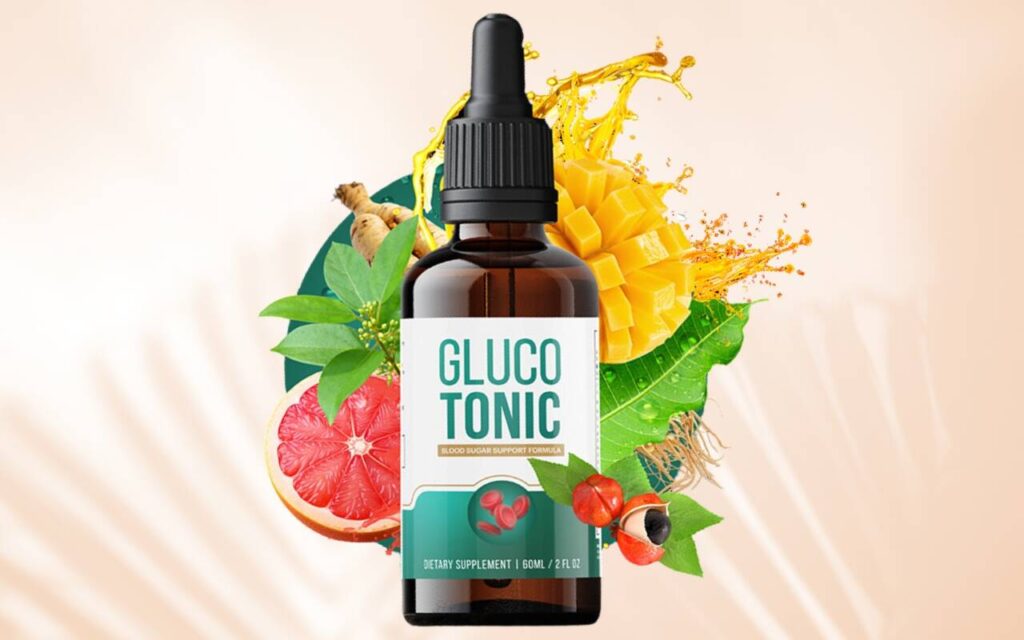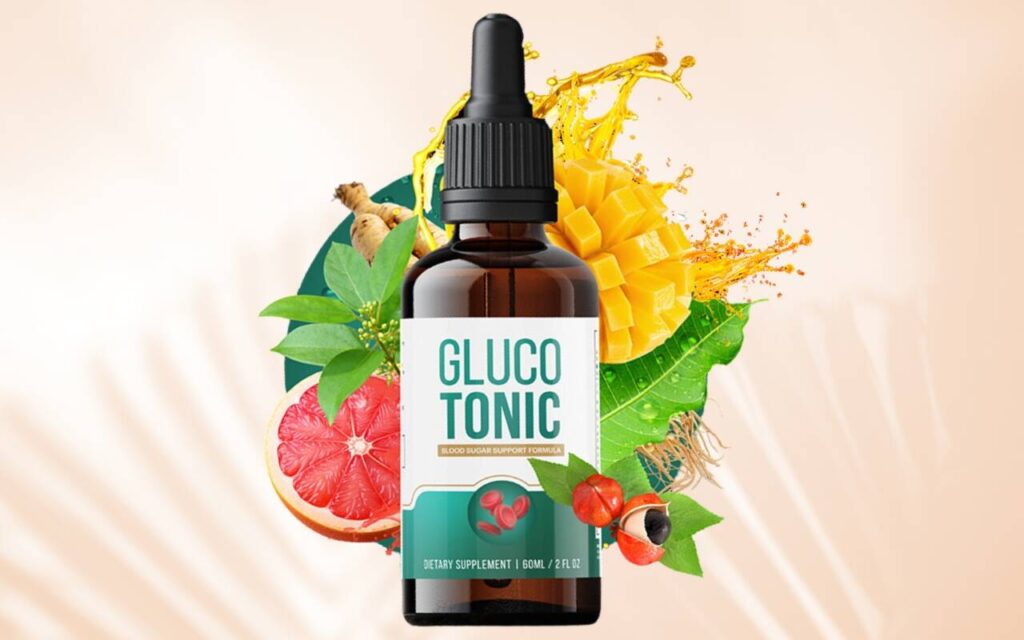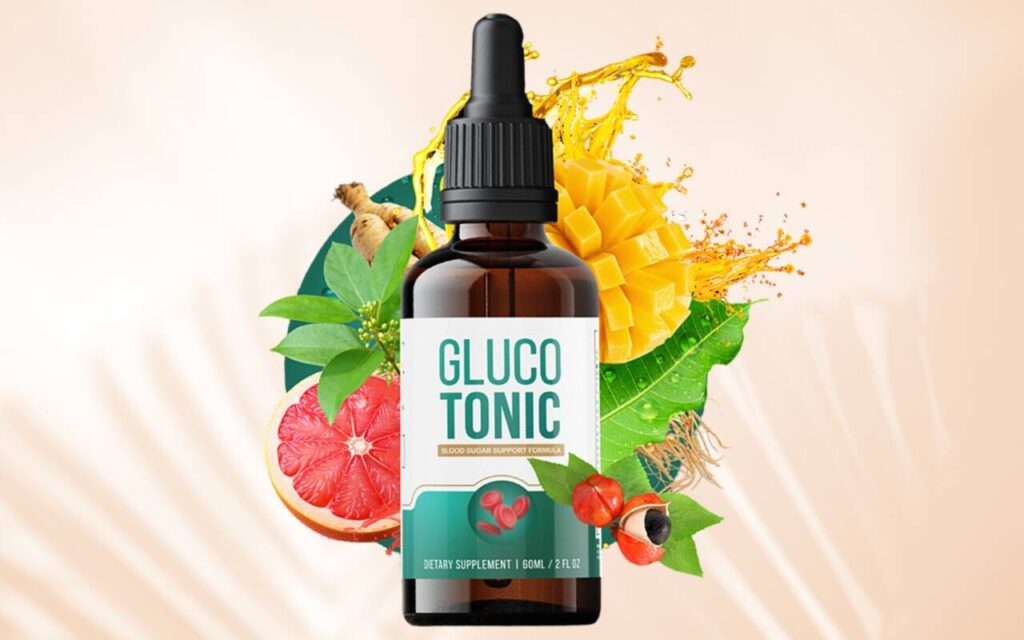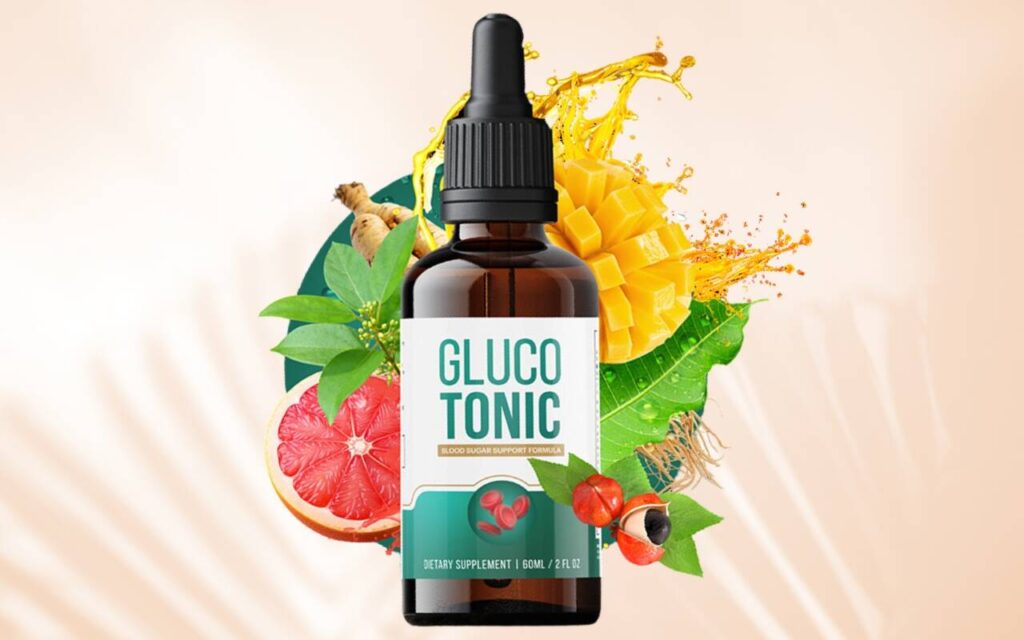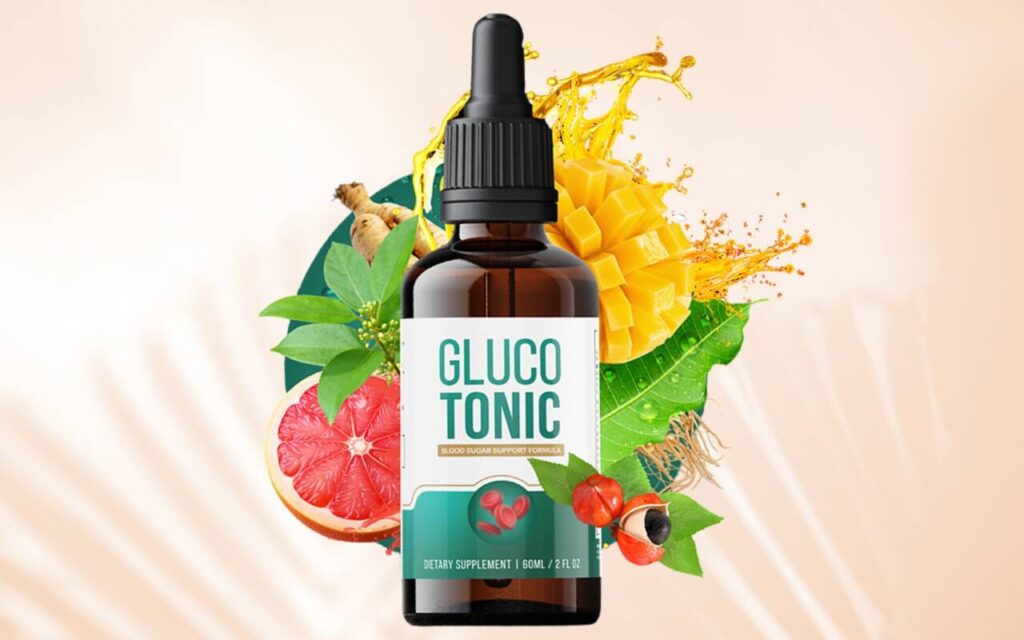Regulates Blood Sugar Medication: A Comprehensive Guide
Maintaining healthy blood sugar levels is crucial for overall well-being, especially for individuals with diabetes or prediabetes. Medications that regulate blood sugar play a vital role in managing glucose levels, but lifestyle choices, including diet and hydration, also significantly impact blood sugar control. This article explores how blood sugar-regulating medications work, what beverages can help lower blood sugar immediately, and actionable steps on how to reduce blood sugar level immediately.
Understanding Blood Sugar Regulation
Blood sugar, or glucose, is the primary energy source for the body’s cells. Insulin, a hormone produced by the pancreas, helps glucose enter cells. When this process is disrupted—due to insulin resistance or insufficient insulin production—blood sugar levels rise, leading to hyperglycemia. Over time, uncontrolled high blood sugar can cause serious complications, including nerve damage, cardiovascular disease, and kidney failure.
How Medications Regulate Blood Sugar
Several classes of medications help regulate blood sugar, each working through different mechanisms:
- Metformin – The most commonly prescribed medication for type 2 diabetes, Metformin reduces glucose production in the liver and improves insulin sensitivity.
- Sulfonylureas – These drugs stimulate the pancreas to release more insulin.
- GLP-1 Receptor Agonists – These injectable medications slow digestion and enhance insulin secretion.
- SGLT2 Inhibitors – They help the kidneys remove excess glucose through urine.
- Insulin Therapy – Essential for type 1 diabetes and advanced type 2 diabetes, insulin injections directly lower blood sugar.
While these medications are effective, they work best when combined with a healthy diet, regular exercise, and proper hydration.
What to Drink to Lower Blood Sugar Immediately
If you experience a sudden spike in blood sugar, certain beverages can help lower blood sugar immediately. Here are some scientifically backed options:
1. Water
Staying hydrated is essential for flushing out excess glucose through urine. Dehydration can cause blood sugar to concentrate, leading to higher readings. Drinking water helps dilute blood sugar levels and supports kidney function.
2. Apple Cider Vinegar (ACV) Drink
Research suggests that apple cider vinegar improves insulin sensitivity and lowers blood sugar after meals. Mix one to two tablespoons of ACV in a glass of water and drink before meals for best results.
3. Herbal Teas
Certain herbal teas, such as cinnamon tea, green tea, and chamomile tea, have blood sugar-lowering properties:
- Cinnamon Tea – Contains compounds that mimic insulin and improve glucose uptake.
- Green Tea – Rich in antioxidants like EGCG, which enhances insulin sensitivity.
- Fenugreek Tea – Fenugreek seeds help slow carbohydrate absorption.
4. Lemon Water
Lemon water has a low glycemic index and can help stabilize blood sugar. The acidity slows digestion, preventing rapid glucose spikes.
5. Vegetable Juice (Low-Sugar)
Freshly made vegetable juices (e.g., cucumber, spinach, celery) provide nutrients without spiking blood sugar. Avoid store-bought versions with added sugars.
How to Reduce Blood Sugar Level Immediately
Beyond medications and beverages, several strategies can help reduce blood sugar level immediately:
1. Engage in Physical Activity
Exercise helps muscles use glucose for energy, lowering blood sugar levels. A brisk 15-minute walk or light resistance training can have immediate effects.
2. Consume High-Fiber Foods
Fiber slows carbohydrate absorption, preventing blood sugar spikes. Opt for chia seeds, flaxseeds, or leafy greens.
3. Practice Stress Management
Stress hormones like cortisol raise blood sugar. Deep breathing exercises, meditation, or yoga can help stabilize levels.
4. Get Enough Sleep
Poor sleep affects insulin sensitivity. Aim for 7-9 hours of quality sleep to maintain balanced blood sugar.
5. Monitor Blood Sugar Regularly
Frequent glucose testing helps identify patterns and adjust diet, exercise, or medication as needed.
Combining Medication and Lifestyle for Optimal Results
While medications regulate blood sugar, lifestyle modifications enhance their effectiveness. Here’s how to integrate both:
- Follow Medication Schedules – Take prescribed medications on time and consult a doctor before making changes.
- Adopt a Balanced Diet – Focus on whole foods, lean proteins, healthy fats, and complex carbs.
- Stay Active – Aim for at least 150 minutes of moderate exercise per week.
- Hydrate Wisely – Choose beverages that support blood sugar control, like water, herbal teas, and diluted ACV.
Potential Risks and Precautions
While implementing these strategies, be mindful of:
- Hypoglycemia (Low Blood Sugar) – Overcorrecting high blood sugar can lead to dangerous drops. Monitor levels closely.
- Medication Interactions – Some supplements (e.g., cinnamon) may interact with diabetes medications. Consult a healthcare provider.
- Individual Variability – What works for one person may not work for another. Personalized medical advice is essential.
Conclusion
Managing blood sugar requires a multifaceted approach. Medications that regulate blood sugar are foundational, but knowing what to drink to lower blood sugar immediately and how to reduce blood sugar level immediately through lifestyle changes can provide additional support. By combining medical treatment with hydration, diet, and exercise, individuals can achieve better glucose control and improve long-term health outcomes.
Always consult a healthcare professional before making significant changes to your diabetes management plan.
Frequently Asked Questions
FAQ
-
What types of medications help regulate blood sugar?
Medications like metformin, sulfonylureas, GLP-1 receptor agonists, and insulin are commonly used to regulate blood sugar levels in people with diabetes. -
How do blood sugar-regulating medications work?
These medications work in different ways—some increase insulin sensitivity, others stimulate insulin production, slow carbohydrate absorption, or replace missing insulin. -
Are there side effects of blood sugar medications?
Yes, side effects vary by medication but may include nausea, low blood sugar (hypoglycemia), weight gain, or digestive issues. Always consult a doctor for guidance. -
Can lifestyle changes replace blood sugar medications?
In some cases, diet, exercise, and weight management can reduce the need for medication, but this depends on individual health conditions. Always follow medical advice before making changes.

